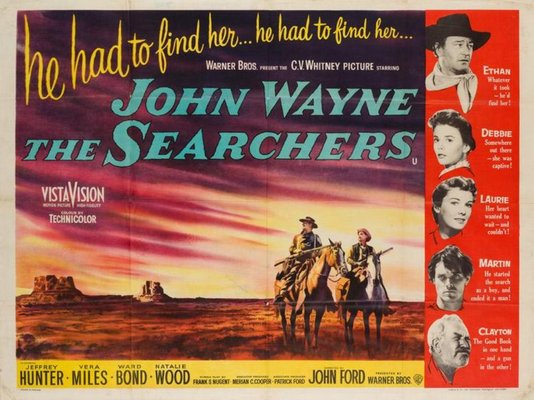High Noon didn't represent the reality of the 'Old West'; I would agree with Wayne that it was 'un-American' in the sense that it didn't represent the typical western town and the values that prevailed in an essentially lawless era, and I generally hate Wayne's ridiculously bad movies. People stuck together much more than they would in a typical 'settled' eastern city. It was a matter of necessity; small tax base, one sheriff for an entire county, which could be a huge area in western territories. Vigilante posses were the norm, and despite all the bad press they get in modern times were very effective and few they hung were innocent victims.
A much more accurate movie scene of the American West would be from the movie Dillinger actually, when the character played by Harry Dean Stanton runs out of gas in the little town and gets shot to death by the locals. Never look to Hollywood for an accurate historical portrayal of life in the West. One should also note that the majority of westerners in some periods and regions were not even native to the U.S., but were immigrants from South America, Australia, and Europe, especially during the gold rushes, so at least half of any citizens in any western supposed to have taken place after 1840 should have a foreign accent, and sound much more like Tommy than Gary Cooper, especially the violent outlaws.
I still like the movie, and Gary Cooper's portrayals in general, but I can do that without having to take the movie content itself as real history or any sort of link to reality.
It's pretty rare to see a movie about the "Old West" that comes anything close to reality. Gun fights on the streets as depicted in movies were rare. No lawman in his right mind walked down the middle of a street to face off against a fast gun. Wyatt Earp when asked what is the best way to shoot a man. He replied, "In the back of course."
John Wayne's depiction of the Old West was pure fiction. It was as phony as the "Code of the West" which was created on the silver screen. The real drama that most people faced on the frontier was the fight against the weather, disease, poverty, and ever present loneliness. This was not exciting enough for the Dime novelist and early movie makers so they created a fantasy version of the West.
Reality is overvalued. Unforgiven would have been a better movie if it hadnt been so downbeat. Every era puts its own stamp on the story through clothing, hairstyles, and language.
For me the west is a place to escape and live the dream. I would have joined Wayne on his quest in the Searchers and stood by Will Kaine in High Noon, would have followed Shane to the crack of doom. Would have liked working at the High Chaparral or Shiloh as well.
Bringing in the herd, fixing fences on the south pasture, into town on Saturday night. Beef and beans and coffee always on the go. What a life - in theory.
My generation was brought up on these films. The next generation was brought up on Star Wars which was basically westerns in space. Dont know what those kids dream of.
